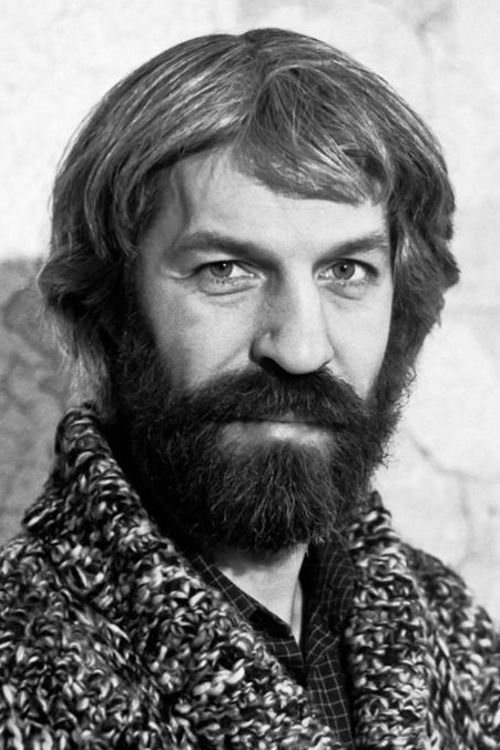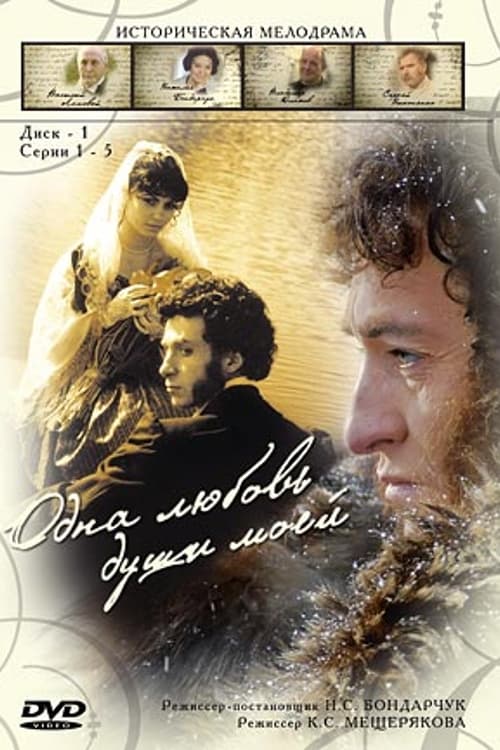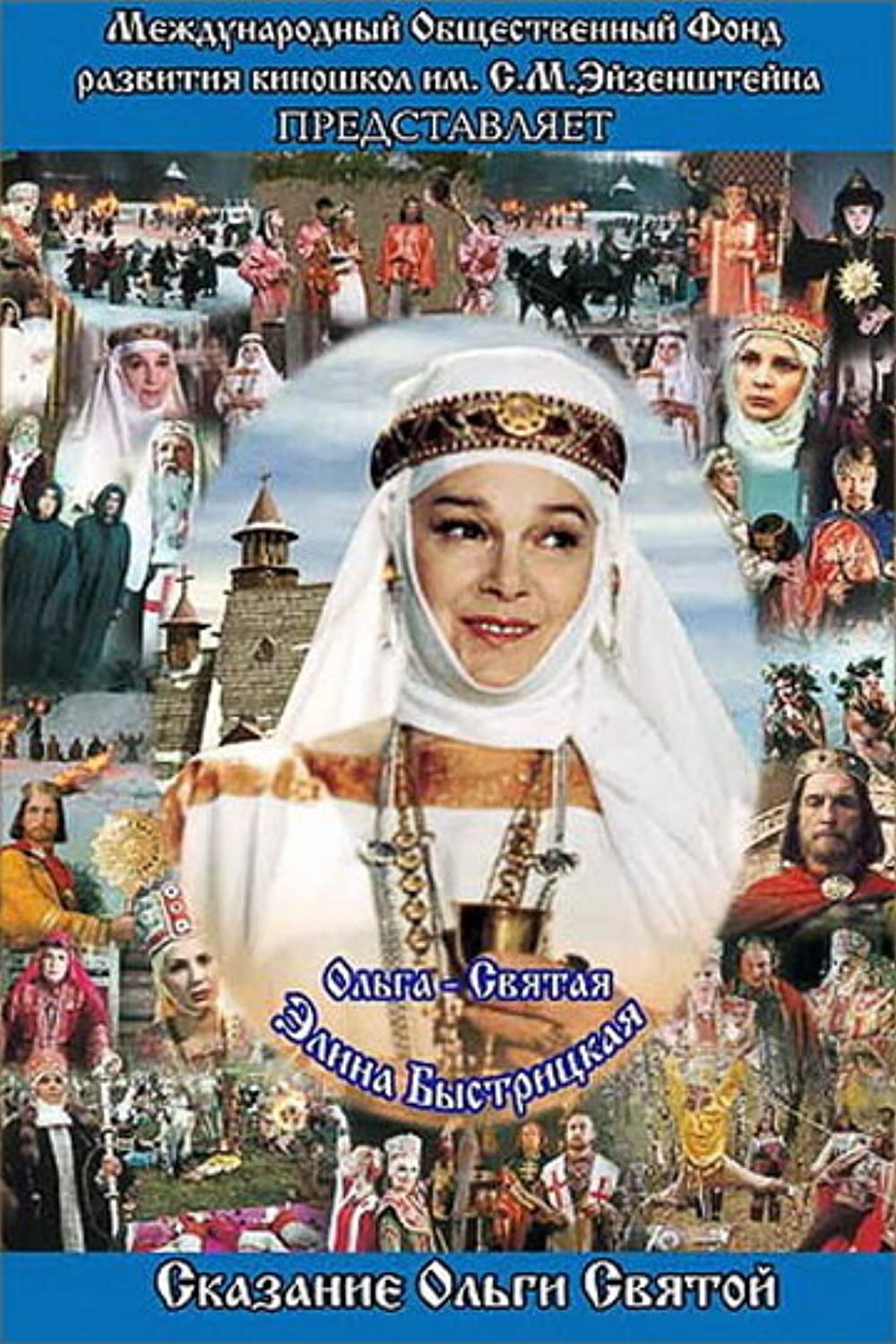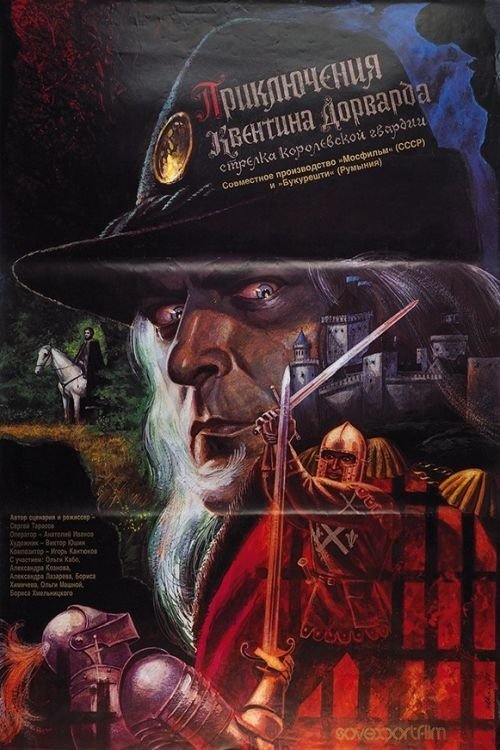

Boris Khmelnitsky was a popular Russian actor of film and theatre and a member of the legendary Taganka company under directorship of Yuriy Lyubimov. He was born Boris Alekseevich Khmelnitsky on June 27, 1940, in Ussuriisk, a small town near Vladivostok in the Far East of the Soviet Union. His father, Aleksei Khmelnitsky, was a ranking officer in the Soviet Red Army who was manager of several Army clubs in the USSR. Young Khmelnitsky was brought up in a rather privileged environment; since childhood, he studied literature, arts, and music, and enjoyed a special atmosphere of his father's circle. He studied music at Lvov College of Music, graduating in 1961 as orchestral conductor, then studied acting at Shchukin Theatrical school in Moscow, graduating in 1966 as an actor. In 1966, he made his film debut in 'Kto vernetsa - dolyubit' by director Leonid Osyka. Khmelnitsky shot to popularity with roles in _Sofiya Perovskaya (1967)_ by director Lev Arnshtam, and in _Krasnaya palatka (1970)_. In the USSR, he was best known as Robin Hood in Strely Robin Guda (1975), and later reprized the role in The Ballad of the Valiant Knight Ivanhoe (1983). From 1964 to 1984 Khmelnitsky was a member of the troupe under directorship of Yuriy Lyubimov at the Taganka Theatre company in Moscow. There his stage partners were Vladimir Vysotskiy, Leonid Filatov, Venyamin Smekhov, Alla Demidova, Zinaida Slavina, Ivan Dykhovichnyy, Boris Galkin, Aleksandr Porokhovshchikov, Valeriy Zolotukhin, Natalya Sayko, Nikolay Gubenko, Zhanna Bolotova, Nina Shatskaya, Leonid Yarmolnik, and other notable Russian actors. During the 60s and 70s, Khmelnitsky played leading roles in Taganka productions, such as 'Pugachev' and 'Master i Margarita', a stage adaptation of the eponymous book by Mikhail A. Bulgakov. He also wrote music for several Taganka productions. Boris Khmelnitsky enjoyed recognition in the former Soviet Union, and was part of the intellectual milieu known as "the 60s generation." He was designated People's Actor of Russia (2000). He died of a chronic illness on February 16, 2008, and was laid to rest next to his parents in Kuntsevskoe cemetery in Moscow, Russia. He is survived by his ex-wife Marianna Vertinskaya and their daughter Darya Khmelnitskaya.


The first part of Bulat Mansurov's planned epic film series;...

France, XV century. The young Scot, striving to make his...